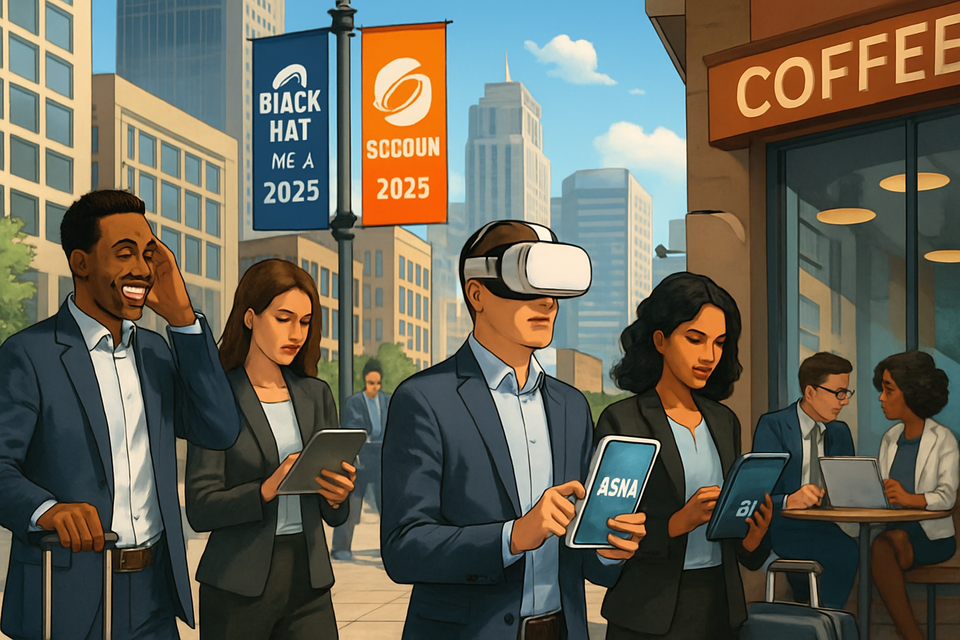The AI Drug Discovery Revolution: The Inside Story of How Algorithms Are Accelerating the Next Wave of Breakthrough Medicines
Accelerate drug discovery with AI: faster, cheaper, and ethically transformative. Dive into the cutting-edge revolution reshaping medicine by harnessing algorithms that bring what once took decades into the realm of months.

Welcome to the Era of Algorithmic Alchemy
Imagine a world where drug discovery moves at the speed of your Wi-Fi, not the pace of a glacier. Welcome to 2025, where artificial intelligence is rewriting the script for medicine’s most challenging puzzles. From the sleek glass towers of Alphabet’s Isomorphic Labs to the caffeine-fueled startups of South San Francisco, a new breed of algorithms is transforming how we invent, test, and deliver the next generation of therapies.
“AI isn’t just speeding up drug discovery—it’s reshaping the entire map. What once took over a decade and billions of dollars is being compressed into months and millions.”
How AI Is Upending the Drug Discovery Process
The traditional journey of a new drug—think of it as the Lord of the Rings of pharma—is long, perilous, and fraught with failure. On average, it takes 14.6 years and about $2.6 billion to shepherd a single medicine from lab bench to pharmacy shelf. Now, AI is playing Gandalf to pharma’s Frodo, guiding the way with data, not magic.
- Protein Folding: Models like AlphaFold (from DeepMind, now fueling Isomorphic Labs) can predict the 3D structure of proteins—the body’s molecular machines—with astonishing accuracy. This leap lets researchers target diseases with surgical precision.
- Machine Learning: Startups like Insitro and SandboxAQ use AI to sift through oceans of genetic, chemical, and clinical data, identifying promising compounds and predicting how they’ll behave—before a single drop is mixed in the lab.
- Synthetic Data: SandboxAQ’s recent release of millions of synthetic 3D molecular structures is giving scientists entirely new chemical universes to explore, turbocharging the hunt for drug-protein matches.
And it’s not just the tech giants and unicorn startups—legacy pharma is getting in on the action too, with partnerships galore (think Isomorphic Labs teaming up with Novartis and Eli Lilly in 2024).
Case Study: DSP-0038 and the One-Year Miracle
Let’s get specific. DSP-0038, a serotonin receptor modulator for Alzheimer’s-related psychosis, was developed using AI and went from discovery to Phase I clinical trial in just one year. For context, the industry average for that leap is four to six years. That’s not just fast—it’s Usain Bolt on rocket skates.
AI enabled researchers to model, optimize, and validate the molecule’s properties entirely in silico, slashing time and cost while increasing confidence that the compound would work in humans. It’s a harbinger of what’s to come.
The Market: Billions in Play, Growth on Steroids
The numbers are as astonishing as the science. The global market for AI in pharma is projected to hit $1.94 billion in 2025 and soar to $16.49 billion by 2034, with a meteoric CAGR of 27%. AI-first biotechs are outpacing traditional pharma by orders of magnitude in adoption and innovation.
- Big Players: Pfizer, AstraZeneca, Johnson & Johnson, and Roche are integrating AI across drug discovery, clinical trials, and manufacturing.
- Startups & Spinouts: Insitro, SandboxAQ, Isomorphic Labs, and Latent Labs (founded by ex-DeepMind scientist Simon Kohl) are attracting hundreds of millions in funding and launching new platforms at warp speed.
The Regulatory Pivot: Goodbye, Animal Testing?
In a historic move, the US FDA announced in April 2025 that it will phase out most animal testing in drug development—replacing it with New Approach Methodologies (NAMs) like AI-based models and lab-grown human organoids. This isn’t just good news for bunnies; it’s a tectonic shift in how we prove safety and efficacy, unleashing faster, cheaper, and more ethical drug pipelines.
Ethics, Hype, and Human Impact: The Big Questions
Of course, with great power comes great responsibility (and, let’s face it, a few existential headaches):
- Transparency: Many AI models are still “black boxes.” Regulators and ethicists are demanding more explainable algorithms to ensure patient safety and trust.
- Bias & Equity: If AI is trained on unrepresentative data, it could miss—or even worsen—health disparities. The WHO and FDA are pushing for more inclusive, transparent datasets.
- Jobs: While AI automates some tasks, it’s also creating demand for a new breed of “biocomputationists”—hybrid experts fluent in both code and chemistry.
“AI won’t replace scientists—but scientists using AI will replace those who don’t.”
What’s Next? The Road Ahead—And Why It Matters
The AI drug discovery revolution is still in its opening act. Here’s what to watch for in the next chapter:
- Personalized Medicine: AI will enable drugs tailored to your unique genetic and biochemical fingerprint. Goodbye, one-size-fits-all.
- Quantum Computing: As quantum chips hit the mainstream, protein folding and molecular simulation will go from fast to “blink and you’ll miss it.”
- Patient Empowerment: Expect more transparency, faster access to novel therapies, and a role for patients as active partners in research.
For investors, clinicians, and patients alike, the message is clear: Pay attention. The future of medicine is being coded today.
Final Thoughts: Join the Conversation
What excites (or worries) you most about AI in medicine? Are you a skeptic, a cheerleader, or a cautious optimist? The Funaix Insider community is where the smartest, most curious minds gather to trade insights, debate ethics, and spot the trends before they hit the mainstream.
Subscribe for free at Funaix Insider and unlock full access to our blog. Only subscribers can join the discussion and comment on this article—so don’t miss your chance to shape the future of health innovation. (And yes, subscribing is free—for now!)
Published: 08/06/2025 — For more smart news and analysis, subscribe to Funaix Insider and join the revolution in AI-driven healthcare.




